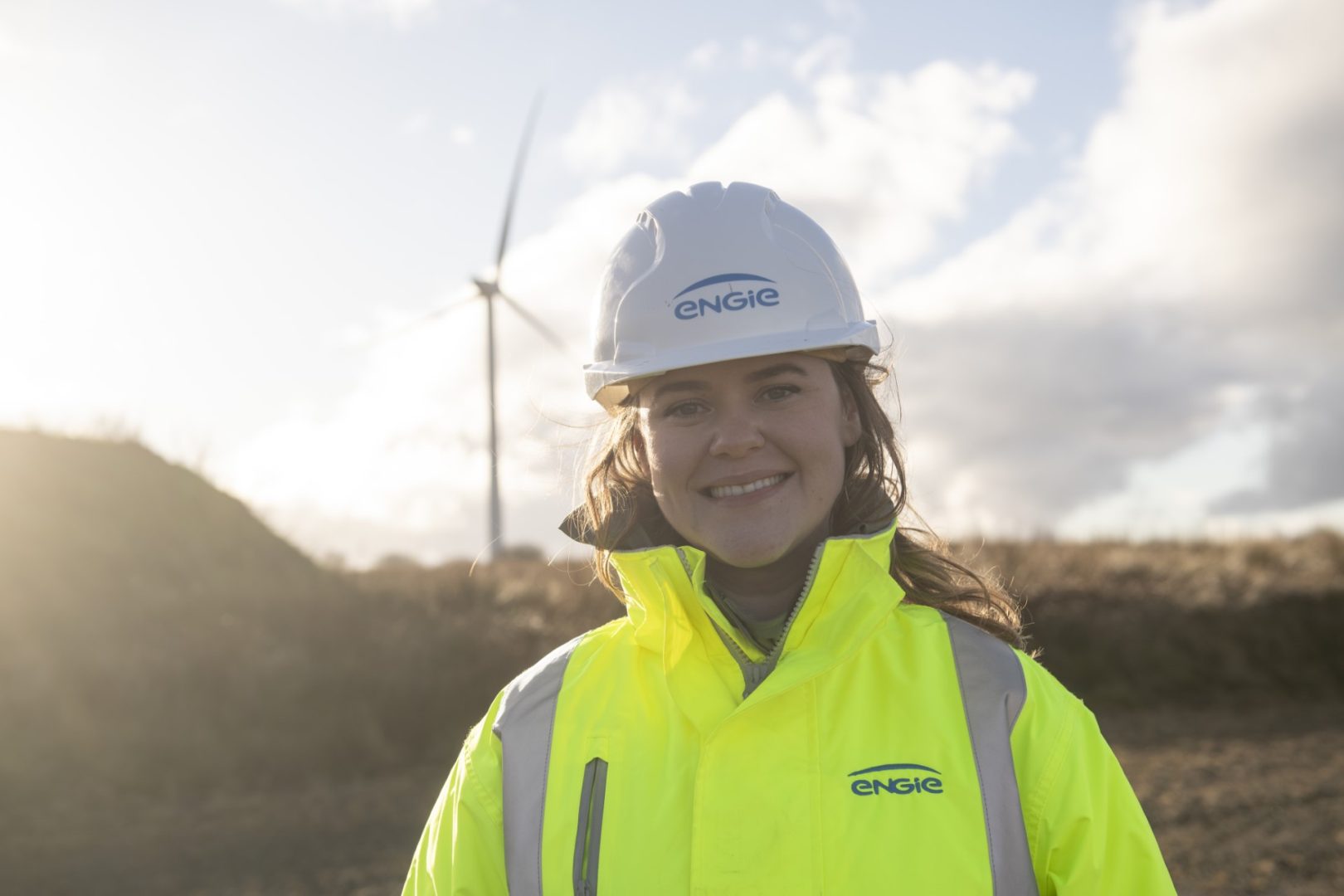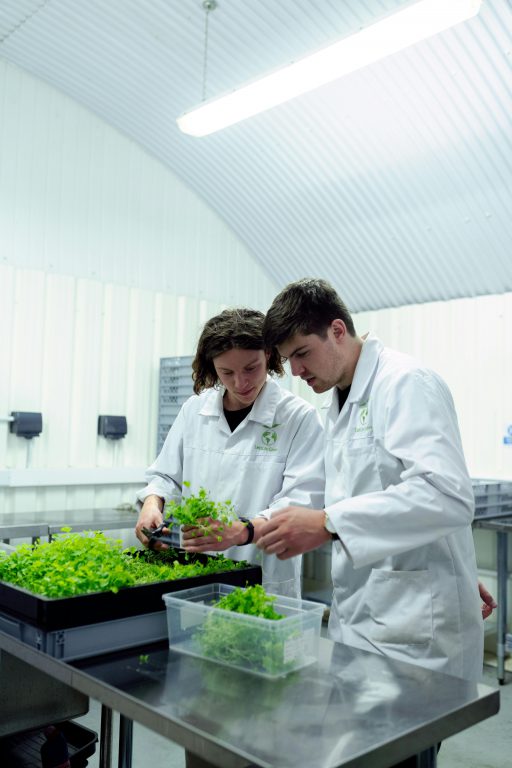Biogas
Organic matter breakdown, such as food waste, is turned into biomethane gas via a process called anaerobic digestion. Biomethane is a green gas that can provide heat and electricity.
At ENGIE UK, every green power contract is backed by Renewable Energy Guarantees of Origin (REGO) certificates, giving you complete transparency and assurance that your electricity is sourced exclusively from solar, onshore wind, and offshore wind projects. These certificates are issued and regulated by Ofgem, providing independent verification that your supply is genuinely 100% renewable.
By choosing ENGIE, your business gains more than just energy — you gain a credible sustainability credential that can be showcased in corporate reporting, stakeholder communications, and ESG disclosures. REGO certification strengthens your reputation as a responsible organisation, helping you meet net zero targets, comply with UK sustainability regulations, and demonstrate leadership in the transition to a low‑carbon economy.


Organic matter breakdown, such as food waste, is turned into biomethane gas via a process called anaerobic digestion. Biomethane is a green gas that can provide heat and electricity.

Locally sourced waste wood and straw is burned in plants to generate power, supporting the circular economy and reducing transport emissions.

Non-recyclable landfill waste is converted into reliable baseload renewable power.

Electricity and thermal energy is efficiently generated using biomethane as a net-zero carbon power source.

This is power generated from the flow of water, offering a reliable but intermittent energy source dependent on local water availability.
We supply your business with green energy sourced entirely from UK renewable energy plants. Proof of origin is provided by UK Renewable Energy Guarantees of Origin (REGOs).

This renewable supply contract includes a fixed price renewable supply from a named UK asset, backed by REGOs. It enables you to identify the specific renewable energy plant supplying your business.
Corporate Purchase Agreements
A long-term power purchase agreement (PPA) with a new UK renewable asset. This supports the development of new assets and establishes a direct supply to your business. It is portable, so you can change supplier while retaining the PPA.
Power Purchase Agreements